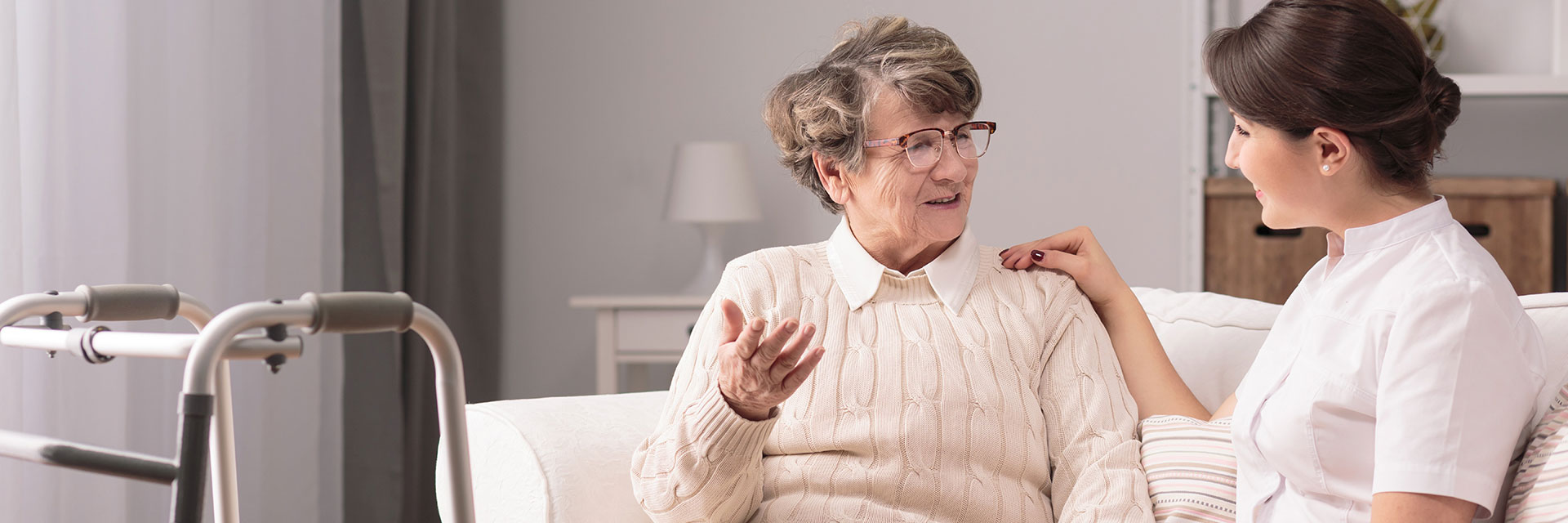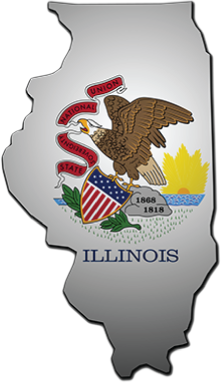Nursing Home Abuse Attorneys – Malnutrition
Malnutrition is a serious and common issue that arises among nursing home residents.
What should you know if a loved one suffers malnutrition due to nursing home neglect?
What is Malnutrition?
Malnutrition is a serious health condition that can occur when a person does not consume enough nutrients, or when their body cannot properly absorb the nutrients they do consume. Malnutrition can lead to several health problems, including:
- Weakened immune system
- Increased risk of infection
- Slowed growth and development in children
- Poor pregnancy outcomes
- Increased risk of chronic diseases such as heart disease, stroke, and diabetes
Malnutrition is a preventable condition, and ensuring that everyone has access to nutritious food is essential to improving global health.
There are many different causes of malnutrition. In some cases, it may be due to a lack of access to food or clean water. In other cases, it may be due to a lack of key nutrients in the diet. Sometimes, medical conditions can lead to malnutrition. Malnutrition can also occur if a person is unable to absorb nutrients properly. This can be due to a variety of reasons, including certain medical conditions, such as celiac disease or Crohn’s disease. In some cases, drug use can also lead to malabsorption. In seniors, dementia, a diminished sense of taste or smell, or dental issues also increase the risk of malnutrition.
Older people have a higher risk of malnutrition, due to the conditions linked to medical conditions common among seniors. Nutrition issues arise when nursing home staff don’t offer enough food or fail to monitor the food intake of residents.
You have a right to review any information the nursing home compiles regarding your loved one’s eating habits and nutrition. If you are denied this right or you believe your loved one is malnourished due to staff neglect, contact us for a case review.
How Do You Identify Malnutrition in Older Adults?
The best way to diagnose malnourishment is to have a doctor examine your loved one. They can conduct tests and will provide an official diagnosis that can be used by your legal team to prove your claims of neglect. However, an official diagnosis may not be necessary. And you shouldn’t wait for an official medical diagnosis to take action if you believe your loved one is malnourished.
One simple way to evaluate your loved one’s eating habits in a nursing home is to dine with them. Observe their meal times and assess how willing they are to eat the meals served to them. You’ll see what and how much they’re served, and whether or not mealtimes seem like a usual routine.
If you’re unhappy with the food quality or amount, or you believe something different occurs when you are on-site, speak to the nursing home staff. Ask about mealtimes and whether or not your loved one has problems with dining.
If you believe your concerns are not properly addressed or that the nursing home is withholding information from you, it’s best to speak to a legal professional with experience dealing with nursing home neglect.
The most common symptoms of malnutrition in the elderly are weight loss and muscle wasting. Other symptoms include:
- Fatigue
- Weakness
- Apathy
- Depression
- Decreased immune function
Extended malnourishment can also lead to many serious health complications, including anemia, osteoporosis, and increased susceptibility to infection.
If you have concerns that you or a loved one may be malnourished, it is important to see a doctor for an evaluation. Treatment for malnutrition typically includes a combination of dietary changes, supplements, and in some cases, medications. With proper treatment, most people can regain their health and avoid serious complications.
Ensuring seniors eat enough high-quality food can be challenging for caretakers. In some cases, you’ll need to work with your loved one’s medical team, as well as the nursing home staff, to ensure your loved one gets what they need.
However, if you believe nursing home neglect caused your loved one’s malnutrition, it’s important to take action. Contact the Nursing Home Attorneys at (866) 251-0808 to discuss your situation.
SCHEDULE A FREE NURSING HOME MALNUTRITION INJURY LAWYER CONSULTATION TODAY










